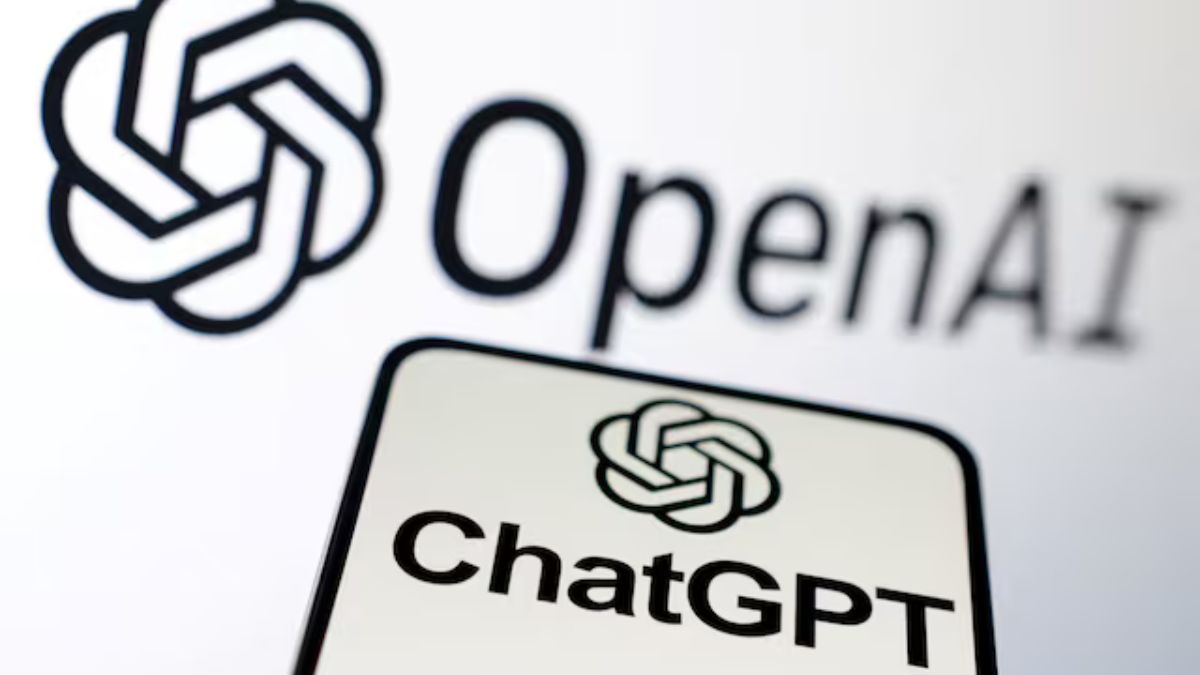ChatGPT might not be good for your brain, new MIT study finds

A new study by researchers at the Massachusetts Institute of Technology (MIT) has found concerning results on the impact of ChatGPT on a person's critical thinking. The paper, which is yet to be peer-reviewed, found that the use of large language models, or LLMs, could harm learning, especially in youngsters.
As a part of the study, 54 people aged between 18 and 39 were divided into three groups. They were asked to write SAT essays. The first group could use ChatGPT, the second could employ the Google Search engine, and the third nothing at all. Their brain activity was then recorded using EEG.
The study found that the participants who used ChatGPT had the lowest brain engagement among the three groups. The essays they wrote were all similar and lacked original thought. They underperformed at linguistic, behavioural, and neural levels. They also became lazier with each subsequent essay. Also, when they were asked to rewrite but without using ChatGPT, they remembered little of their own essays.
On the contrary, the group that didn't use either ChatGPT or Google Search exhibited the highest neural connectivity. The group was also found to be curious and engaged and were more satisfied with their essays.
While the study has a small sample size and is yet to be peer-reviewed, it's crucial to study at such an initial stage, the impact of this tech on the brain.
An earlier study also found that the more a person engages with ChatGPT, the lonelier the person becomes. Another study from March showed that while generative AI makes people more productive, they also become less motivated. These observations come at a crucial time as we are seeing an increasing use of artificial intelligence for various activities, and the impact it has on the brain is crucial to study.
Health